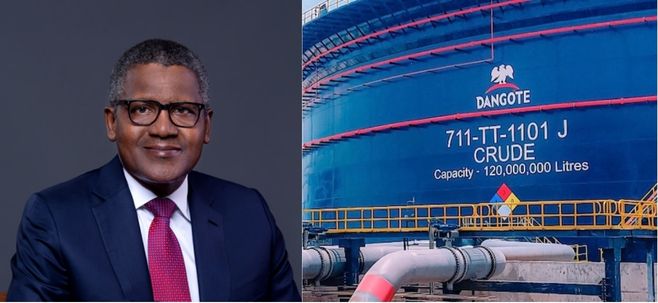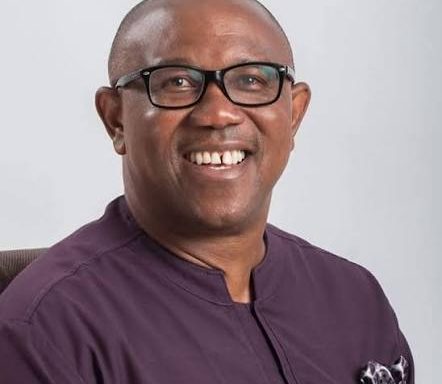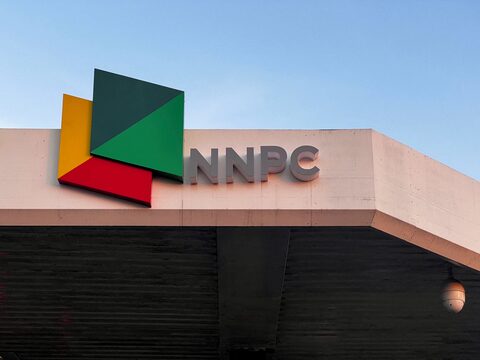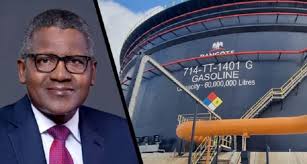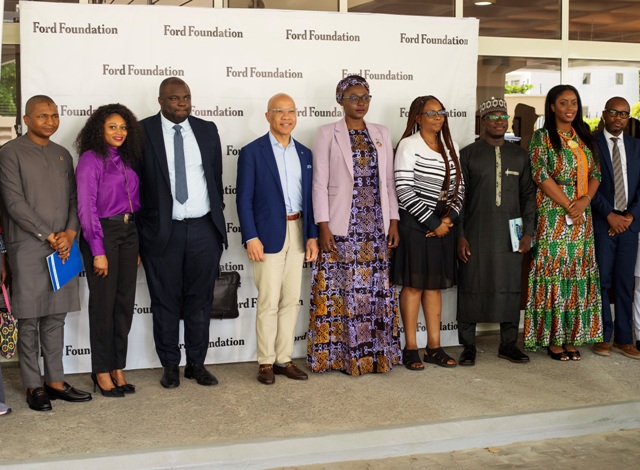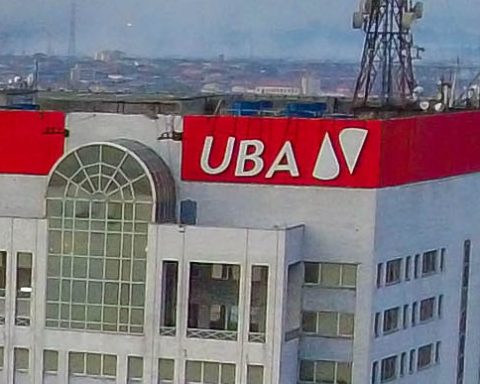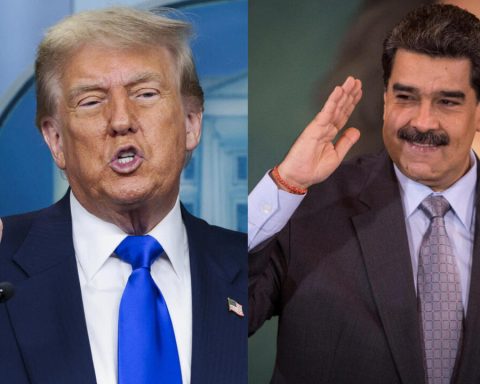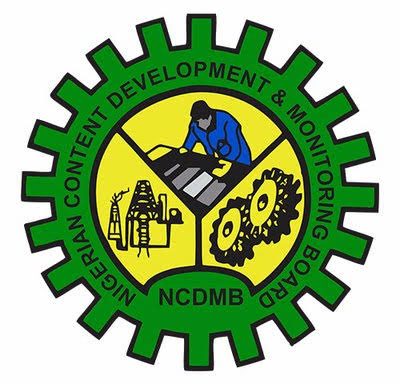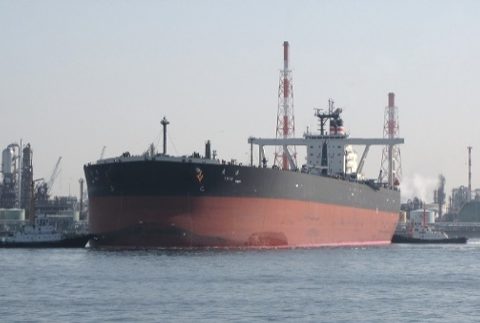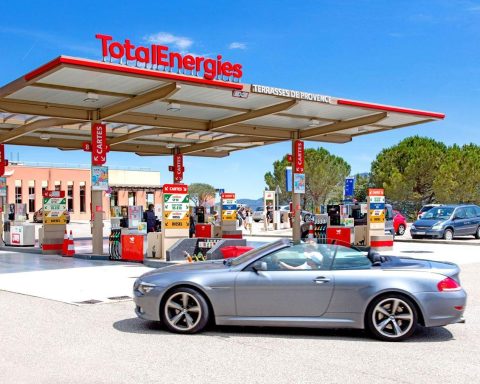News of an unexplained
fire incident at a portion of the Dangote Refinery on 26th June was a sad commentary to an already stressed company. Yet, it only supported fears that the odds will always be against the success of the refinery. Already, the June (or is it July?) date for the supply of Premium Motor Spirit (PMS) popularly called petrol is threatened.
For about three different times, the Nigerian media had filled the air with news of the commencement of operations since former President Buhari commissioned the refinery in May 2023. Since 2021, it had now missed about five deadlines to start full operations. Starting operations in the refinery means different things to different people these days, and Nigerians have become used to this kind of situation.
Therefore, when Aliko Dangote broke the news in mid-May 2024 that the Dangote Refinery would finally start PMS production by June 2024, many took it as a piece of good news, mainly to the extent that it punctuated a ceaseless stream of bad news in the country ranging from insecurity, governors destroying livelihood in their states, food inflation, government wastefulness, etc. Beyond the seeming positive-sounding news, not many thought the refinery would go ahead as projected.
At the Africa CEO Forum Annual Summit in Kigali, Rwanda, on 17th May, Dangote said Nigeria, and indeed West Africa could get all of their need for diesel, aviation fuel, and gasoline from his refinery as early as June 2024, with a daily capacity of 650,000 barrels. Dangote decreed an end to fuel importation in Nigeria, in addition to detergent and fertiliser. Instead, the entire continent of Africa, Brazil and Mexico would get aviation fuel from Nigeria.
Unbelief
Following Dangote’s upbeat projections, many media analysts rather chose to remain doubtful. The pessimism follows a trail of failed promises about fuel refining since the 1999-2007 turn-around-maintenance saga when Nigeria’s four refineries gulped $16 billion for nothing. Since 2010, the projects connected with the refurbishments of the refineries have swallowed over 11.35 trillion naira (about USD 8.5 billion), yet they remained unproductive. The four refineries in Port Harcourt (two refineries), Warri and Kaduna have yet to commence operations after more than 10 promises. It costs at least 10 billion USD to build a modern full-fledged refinery.
Therefore, those familiar with the trajectory of the troubles with fuel refining in Nigeria had long predicted that Nigerians should not be too hopeful about the Dangote Refinery whose cost moved from $9 billion in 2017 to $19 billion as of December 2023. There have been reports that the refinery has started producing diesel, which has even brought down prices from 1300 naira to 1000 naira. While the veracity of the reports continues to be investigated, hopes of getting PMS in July faces potent threats due to a critical shortage of crude oil. The shortfall is being partly blamed on the failure of the Nigerian National Petroleum Corporation Limited (NNPCL) to meet its supply obligations, being a holder of 20% stake in the Dangote Refinery.
The feeling is that the same forces within and outside the NNPCL that crippled all of Nigeria’s four refineries for over two decades and oversaw the expenditure of billions of dollars more on the refineries will not allow Dangote to survive. As already said, this negative feeling has been bolstered by the reported fire incident at the Dangote Refinery early in the week.
Fortunately, the refinery authorities have urged calm, after the fire was put out early, without much damage. And just about a month before the fire, the man himself, Aliko Dangote, had told journalists about the formidable challenges against his resolve to rid Africa of dependence on fuel importation as well as other products such as fertilisers. He however exhibited huge optimism that the challenges would be significantly surmounted.
Path to No Where: PMS Refining Appears Jinxed in Nigeria
To date, none of the five (out of 25 licensed) operational modular refineries in Nigeria produces PMS, the poor man’s interest, which remains a mirage. The Dangote Refinery is built in Lagos, 536km by road from the Niger Delta, the seat of Nigeria’s crude deposits. Though, the owner, Aliko Dangote, cited existing infrastructure, logistics, proximity to international shipping routes and the presence of a skilled workforce as reasons for choosing Lagos, nearness to the source of raw material should have been a major factor.
Many had laughed off the idea of importing crude oil in a country that holds the world’s 11th largest crude deposits, and one of the choicest in the world. In December 2023, the refinery actually took delivery of one million barrels of Agbami crude grade from Shell International Trading and Shipping Company Limited (STASCO). Over the next one year, the refinery will source one-third of its oil from the US, and this amounts to at least 24 million barrels of crude oil. Reports from Bloomberg show that Dangote Refinery will source two million barrels per month from West Texas Intermediate Midland crude for a year as from July. While speaking in Kigali, Dangote scoffed at the idea of exporting crude oil, and importing refined products, calling it an uneconomic effort that only creates jobs for other countries. Yet, this puts forward the question: Has importation ended in Nigeria, and will prices ever improve for the ordinary Nigerian?
Keeping Hopes Alive
The living can only be hopeful, and as Aliko Dangote promised, his refinery will overcome all the challenges and make Nigeria proud. He knows there is a mounting to climb, beginning with the recently alleged rift he may be having with President Tinubu – yet another seeming drama to justify the inexplicable delays to full-scale PMS refining.
It is said that the outside sourcing of crude oil for Dangote Refinery is due to shortfalls in Nigeria’s production, which, in turn, is a result of corruption, oil theft, insecurity, chronic inefficiency, and ultimately oil-for-debt servicing. Total production at times goes under a million, but has reached between 1.5 million and 1.67 million barrels per day over the past year. This is against a potential of over two million barrels per day, though OPEC quota still stands at 1.5 million barrels per day.
In late 2023, the NNPCL explained that it could not supply the refinery with crude because it (NNPCL) had committed its future crude oil to Africa-Export-Import Bank in a $3 billion crude-for-loan deal. The same fate is bedeviling the modular refineries in the country, which are also unable to get crude supplies from NNPCL. As it is, the modular refineries are functional, but incapable of refining the much needed premium motor spirit (PMS).
Sadly, news of importing crude oil into Nigeria, including from Angola, tended to break the optimism of many, who are tempted to confirm the hunch that Nigeria is suffering from chronic, but curable local refining jinx. Conspiracy theory?
Will Dangote Refinery Emerge?
The point is, Dangote Refinery is battling the same forces that have held Nigeria’s oil industry down since the early 1990s and even beyond. Apart from this, other economic forces include subsidy removal, naira floatation, transportation costs, crude importation amidst freight costs and international market volatility, etc. These had set the stage for the
Dangote Refinery to have little positive price effects on the local market for refined products. That is, even if the refinery begins full-capacity oil refining, it is not expected to lower prices significantly.
In one of its biggest achievements recently, the
NNPCL said in a television documentary that it has identified and destroyed 93 illegal pipeline connections and 69 illegal refineries between June 15 and 21, 2023 in the Niger Delta. Many environmentalists had hailed this move, because, as government says, the illegal refineries contribute enormously in fouling the environment. We join this trend of thought, but remain surprised that ‘legal oil exploration multinational companies have operated unabated since the 1950s to damage Niger Delta’s atmosphere terribly, including gas flaring.
The Niger Delta University and Rivers State University of Science and Technology offer courses in Petrochemical engineering, and they have at various times called on government to partner them in building modular refineries, and in harnessing the talent of illegal refiners, whose unlawful efforts had allegedly been ‘cushioning’ the effects of fuel shortages’. Nigerians continue to wait for the formidable forces against local oil refining to soften. Yet, one wishes that all these negative feelings and analysis above be just empty dreams. Government still has what it takes to make it so, and we keep hopes alive.
Dr Mbamalu, a Jefferson Fellow and Member of the Nigerian Guild of Editors (NGE), is a Publisher and Communications/Media Consultant. His extensive research works on Renewable Energy and Health Communication are published in several international journals, including SAGE.
SMS/Whatsapp: 08094000017
Join our WhatsApp ChannelFollow on X: @marcelmbamalu

Dr. Marcel Mbamalu is a distinguished communication scholar, journalist, and entrepreneur with three decades of experience in the media industry. He holds a Ph.D. in Mass Communication from the University of Nigeria, Nsukka, and serves as the publisher of Prime Business Africa, a renowned multimedia news platform catering to Nigeria and Africa's socio-economic needs.
Dr. Mbamalu's journalism career spans over two decades, during which he honed his skills at The Guardian Newspaper, rising to the position of senior editor. Notably, between 2018 and 2023, he collaborated with the World Health Organization (WHO) in Northeast Nigeria, training senior journalists on conflict reporting and health journalism.
Dr. Mbamalu's expertise has earned him international recognition. He was the sole African representative at the 2023 Jefferson Fellowship program, participating in a study tour of the United States and Asia (Japan and Hong Kong) on inclusion, income gaps, and migration issues.
In 2020, he was part of a global media team that covered the United States presidential election.
Dr. Mbamalu has attended prestigious media trainings, including the Bloomberg Financial Journalism Training and the Reuters/AfDB Training on "Effective Coverage of Infrastructural Development in Africa."
As a columnist for The Punch Newspaper, with insightful articles published in other prominent Nigerian dailies, including ThisDay, Leadership, The Sun, and The Guardian, Dr. Mbamalu regularly provides in-depth analysis on socio-political and economic issues.


